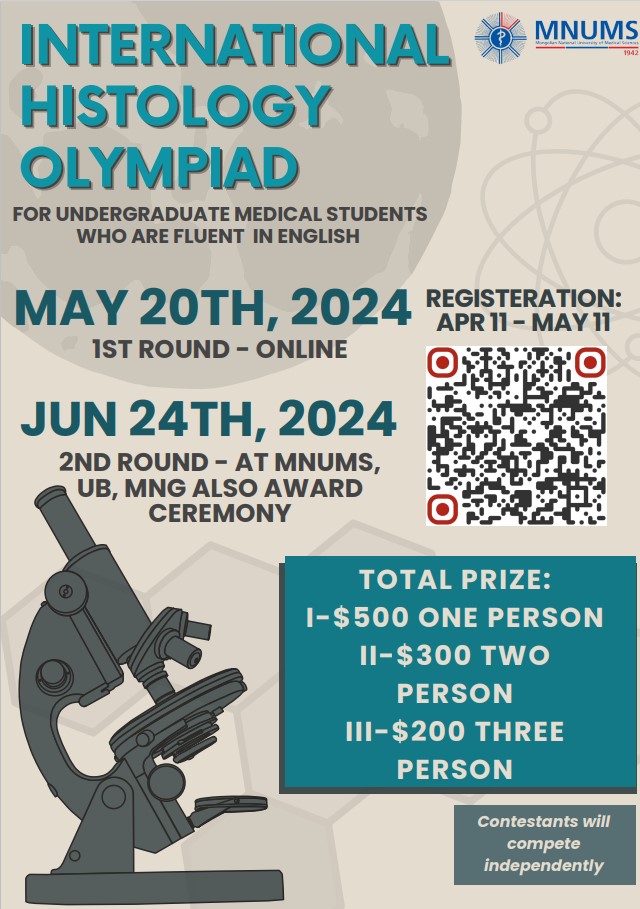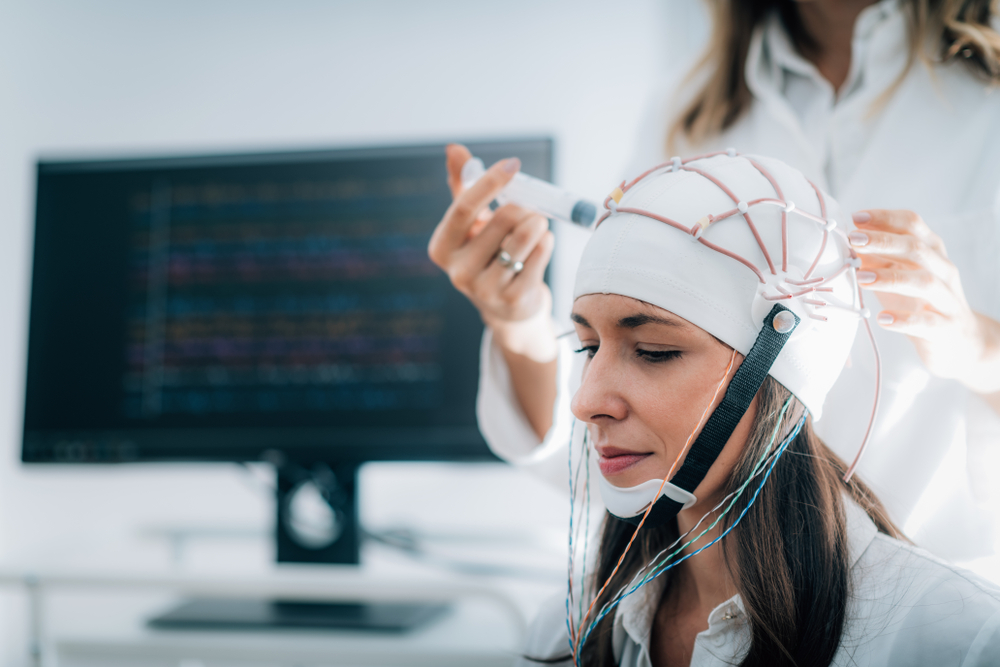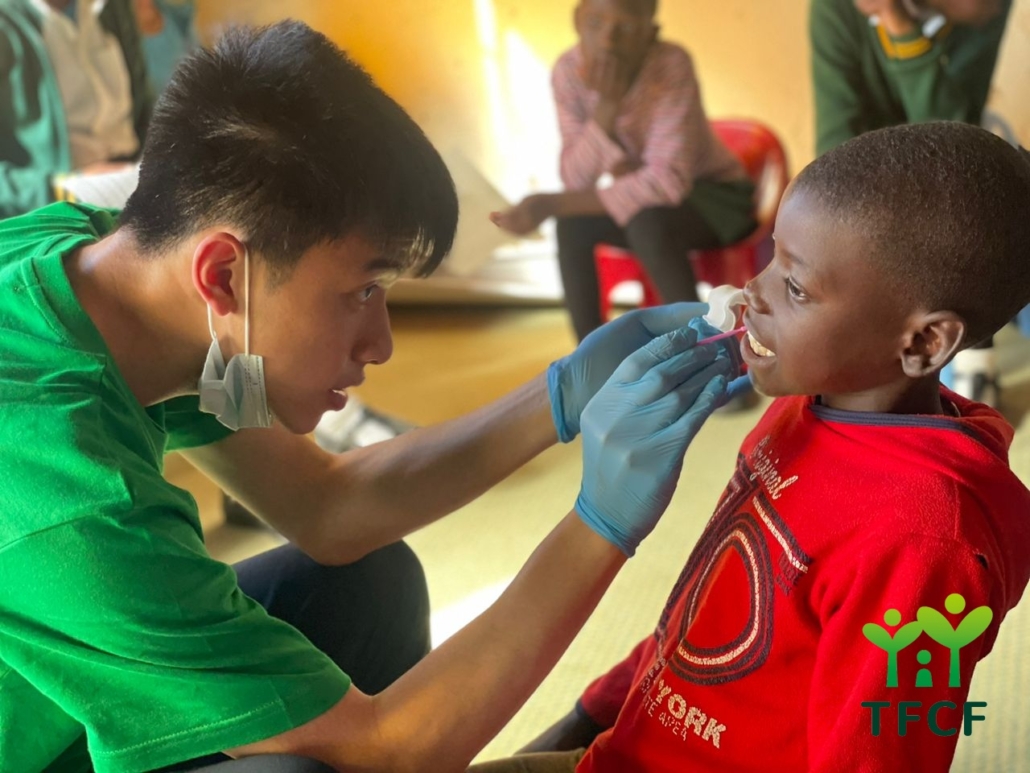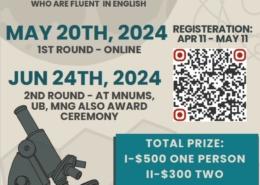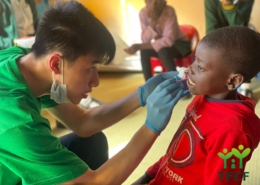TMU Hospital, Taiwan AI Labs pursue hospital applications
Source: Taipei Medical University Hospital
Published on 2019-06-14
TMU Hospital and Taiwan AI Labs signed an agreement in December 2018 to create AI health care applications. Superintendent Ray-Jade Chen and Labs founder Ethan Tu initiated a five-year multidisciplinary collaboration to develop AI in innovative ways for hospital use.
Taiwan AI Labs was established in 2017 after Ministry of Science and Technology approval. It is pursuing digital medical treatments, “smart city” innovations and human-machine interactions with the goal of improving precision medical treatments. TMU is dedicated to creating world-class “smart” hospitals. In 2018, TMU Hospital launched a “smart chain passport” that applies blockchain technology to create a patient-centered health management and referral system linking caregiving departments.

TMU Hospital Superintendent Ray-Jade Chen (left) and Taiwan AI Labs founder Ethan Tu sign AI hospital applications agreement
The collaboration will use clinical information designated by hospital experts to develop AI algorithms based on the hospitals’ clinical systems. The first collaboration is focused on the TED ICU “smart intensive care system.” Applying AI to medical data can improve speed and precision by reducing septicemia prediction times from the current average of 4 hours to immediate, real-time warnings, thus increasing survival rates.
Superintendent Chen says that while situations in intensive care unit are ever- changing, septicemia remains a critical and deadly challenge. Globally, septicemia on average occurs in 437 individuals per 100,000 cases, and United States studies estimate consequent mortality as high as 33%. As current screening methods like SOFA, SIRS and MEWS have limitations, patient prognoses improve when septicemia can be diagnosed and treated earlier.
The TED ICU “smart intensive care system” has been used since 2017 to integrate, calculate and record patient physiological data. This data will be used to predict septicemia cases, along with vital signs and patient background information. Taiwan AI Labs will use patient condition data to determine how medical teams can react most quickly to improve care quality.
As preventing patients from falling is another important challenge, Taiwan AI Labs is applying machine learning to patients with fall records to predict high-risk groups and further determine the causes of falls. This information can assist nursing and medical staff in using optimal medication and care protocols.

Ted ICU smart intensive care system

